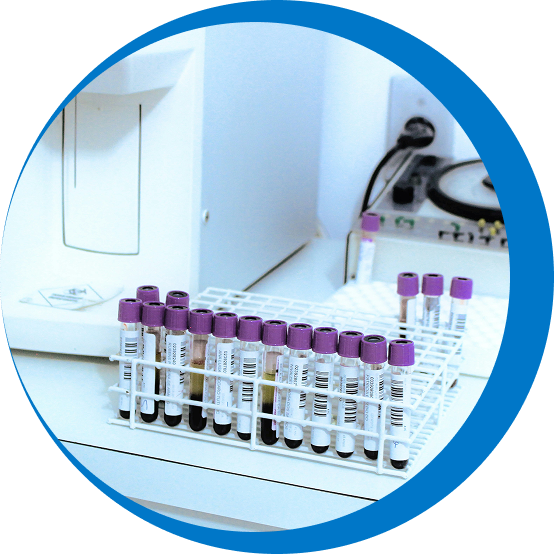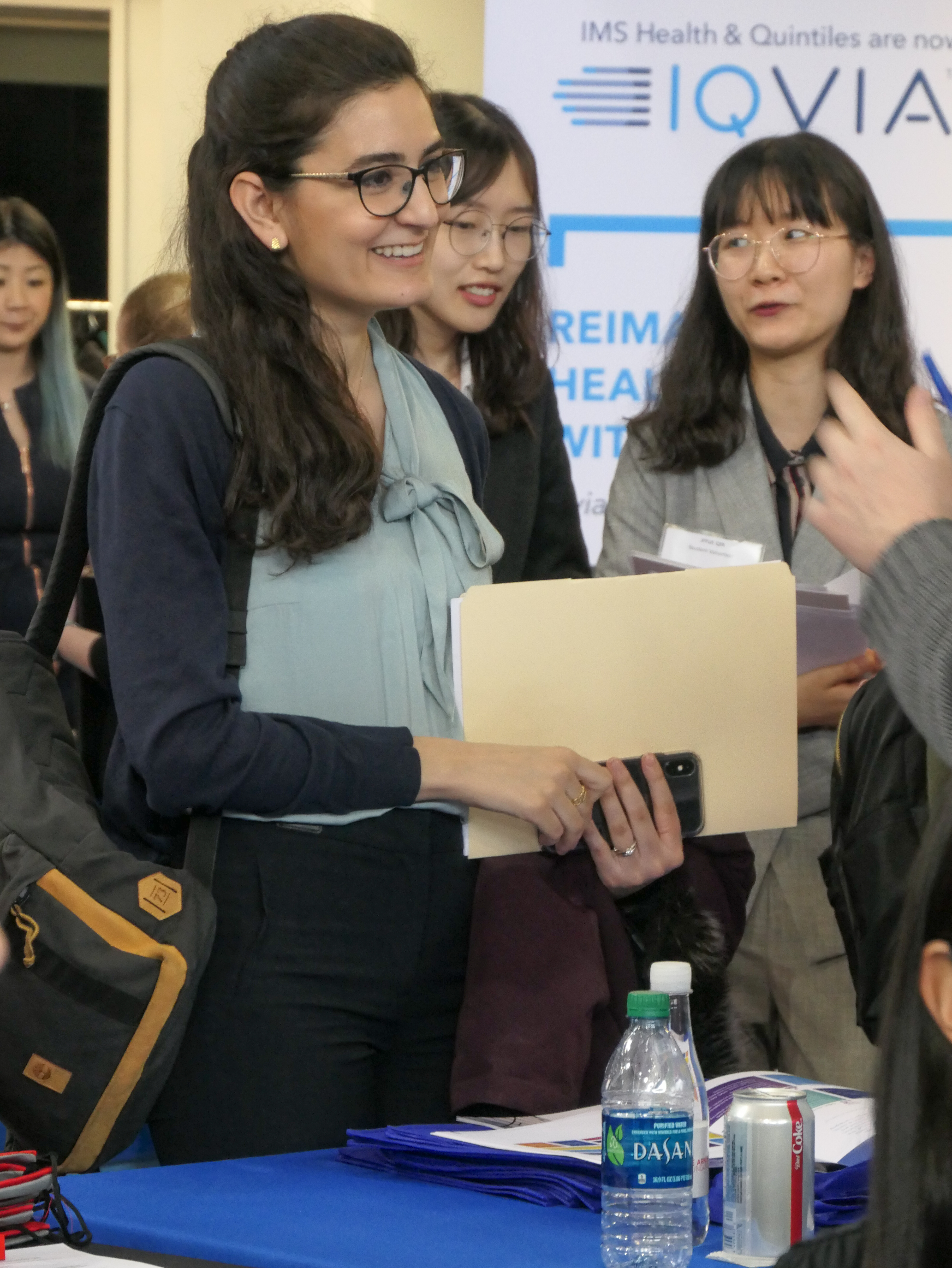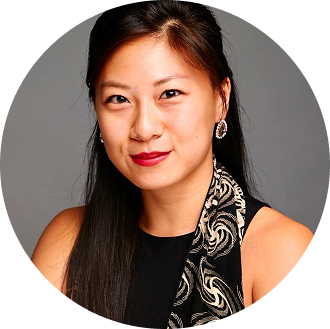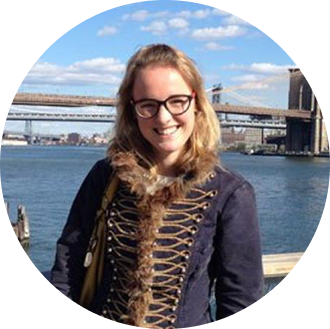Chapter 3
Epidemiology
Epidemiology is the study of the distribution, determinants and effects of diseases within populations. Epidemiologists identify risk factors, inform public health policies and design interventions to prevent disease. Through data collection and evidence-based insights, epidemiologists help reduce health disparities and improve overall public health.
Table of Contents


Epidemiology Careers Outlook
Epidemiology professionals can pursue careers such as:
- Field Epidemiologist: Investigates disease outbreaks, patterns and causes to implement prevention strategies and community interventions for acute and chronic conditions.
- Clinical Research Coordinator: Manages clinical trials and observational studies to evaluate treatments and interventions for improving health outcomes.
- Research and Data Analyst: Works in a broad range of scientific settings, implementing statistical techniques, cleaning and analyzing data and leading research articles and reports.
- Medical Epidemiologist: With other clinical training, such as physicians and allied health professionals, leads teams to manage and control disease in patient populations.
- Doctoral Research Leader: For those with additional aspirations, opportunities exist to enter into PhD, ScD, DrPH, MD, DO, and other continuing education programs.
Epidemiologists work in settings such as government agencies, hospitals, research institutions, universities and non-profit organizations. This flexible degree also allows graduates to work in consulting firms, pharmaceutical companies, health insurance companies and technology firms.
Epidemiology Master’s Degrees
The Columbia University Mailman School of Public Health offers two distinct paths to an advanced degree in Epidemiology: the MPH in Epidemiology and the MS in Epidemiology. Both programs provide students with the skills to conduct epidemiological research and contribute to the public health field.
The MPH in Epidemiology is intended for students seeking a public health education with a focus on epidemiological research methods. The curriculum includes coursework on disease outcomes such as AIDS, tuberculosis and cancer, along with factors influencing disease causation such as genetics, nutrition and the environment. This program prepares graduates to analyze disease patterns, implement prevention strategies and address public health challenges. It can be completed full-time or part-time.
The MS in Epidemiology is intended for health professionals seeking advanced research skills and emphasizes study design, biostatistics and epidemiological methods. The MS program, unlike the MPH, does not require broader public health courses. The MS can be completed full-time, part-time or online and prepares students for independent research roles in academia, health departments, nonprofits and the pharmaceutical industry.
The online weekend MS in Epidemiology was designed with busy, working professionals in mind. The rigorous 20-month research degree provides working health professionals with the knowledge, skills, and credentials needed to engage in population health research using an online e-learning platform. While classes are held virtually, faculty advisors offer convenient office hours and are readily available by phone or email for student support. The degree requires 30 credit hours and classes meet virtually during the first 2-day weekend each month for 20 months.
Both degree options offer comprehensive training, with the MPH focusing on public health applications and the MS providing deeper technical expertise in epidemiological methods and research.
Student Perspective
Jessica Pan, MPH ’19
Jessica Pan is an exemplary graduate of the Columbia Mailman School, known for her leadership and activism during her time at the school. She co-founded the school's first-ever Gun Violence Action Week (GVAW), a student-led initiative that has since grown into the Columbia Student SURGE Initiative. Jessica also played leadership roles in multiple student organizations and received numerous accolades, including the Columbia Alumni Association Campbell Award. Today, she continues her involvement with the Columbia alumni community, serving on the Mailman Alumni Board and leading the FORWARD Health Equity Committee.


Elburg van Boetzelaer, MPH ’15
Alumna Elburg now serves as an epidemiology advisor for Doctors Without Borders in Switzerland. While reflecting on her time at Columbia Mailman, Elburg shared, "Studying at Mailman has been a unique experience. Being taught by professors who combine teaching with ground-breaking research, while also being involved in the field, is such an honor. With every lecture that passes, I feel that I am gaining so much knowledge, awareness, and new insight."